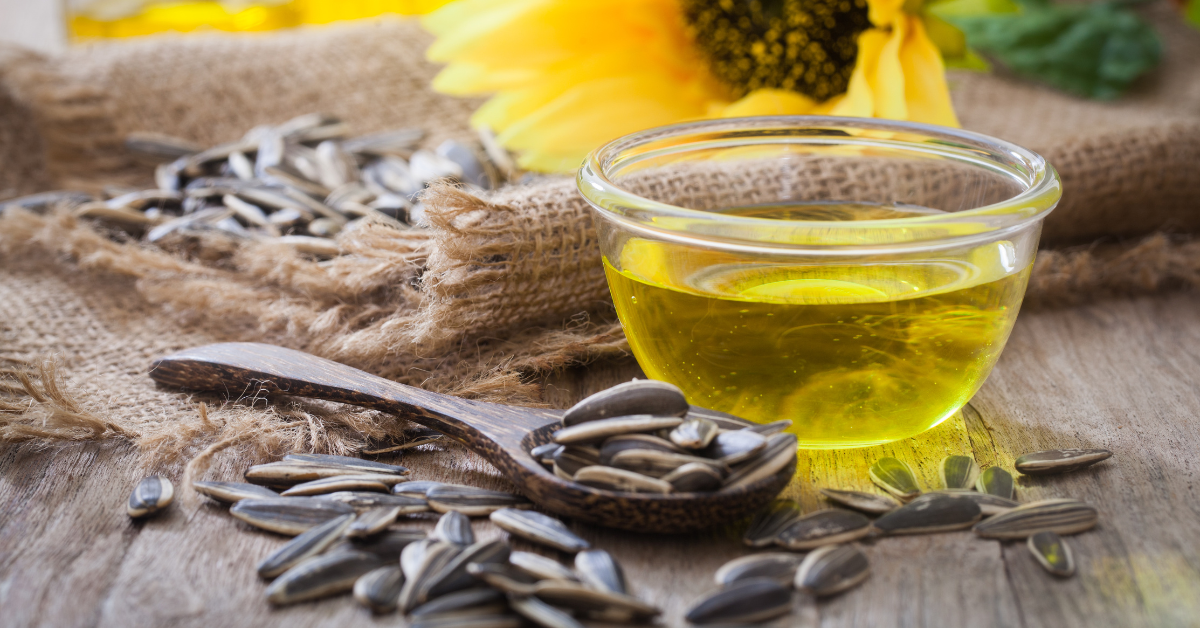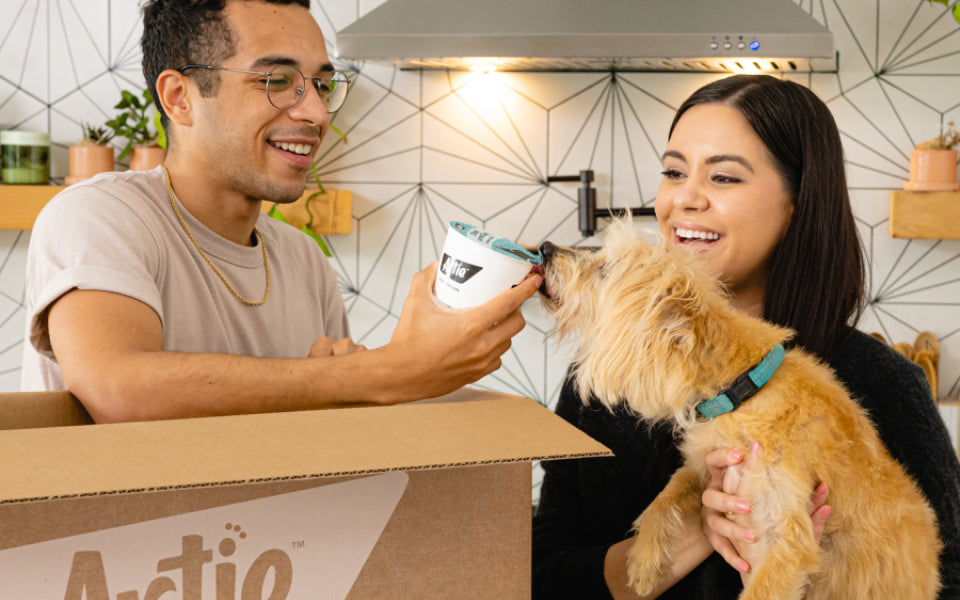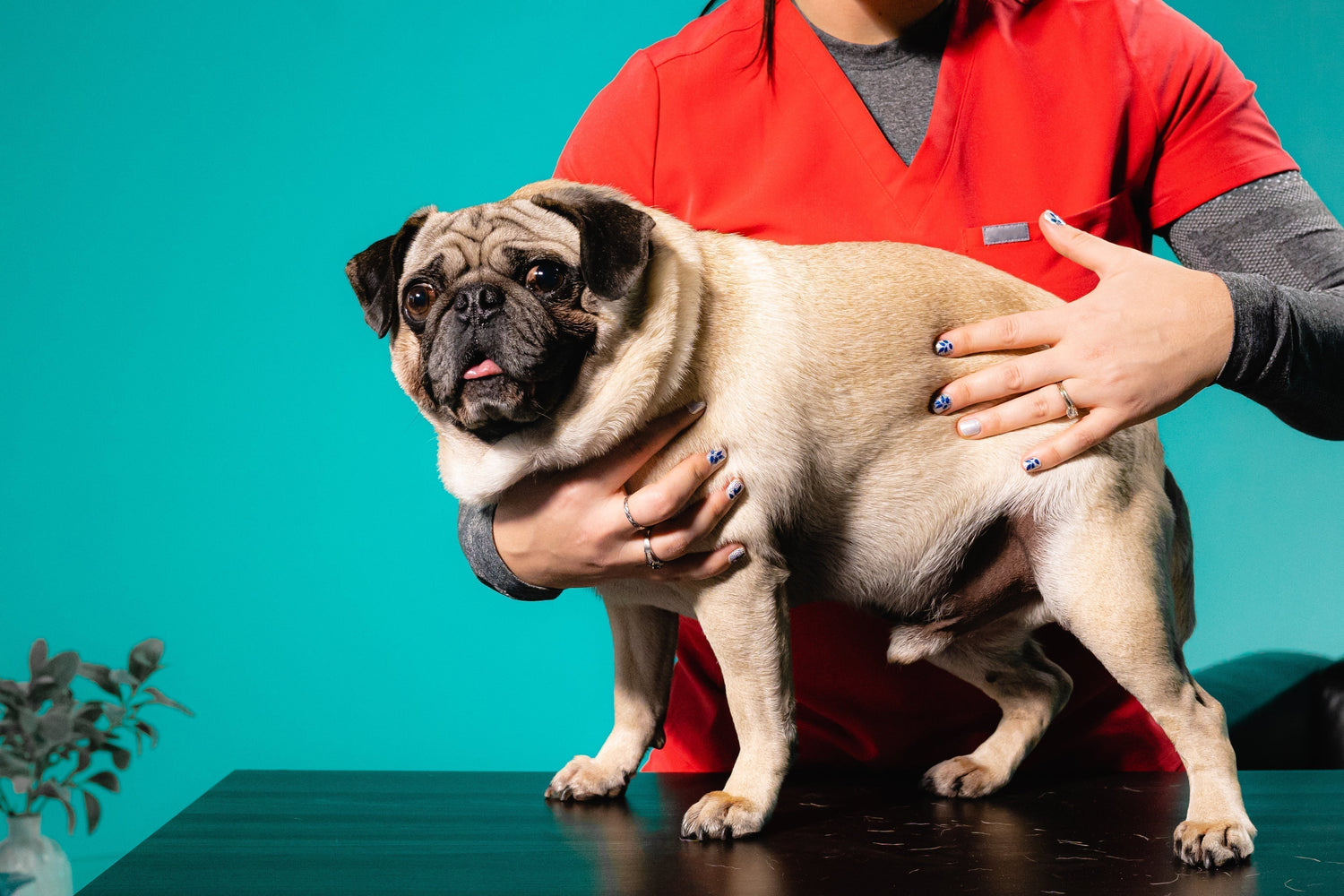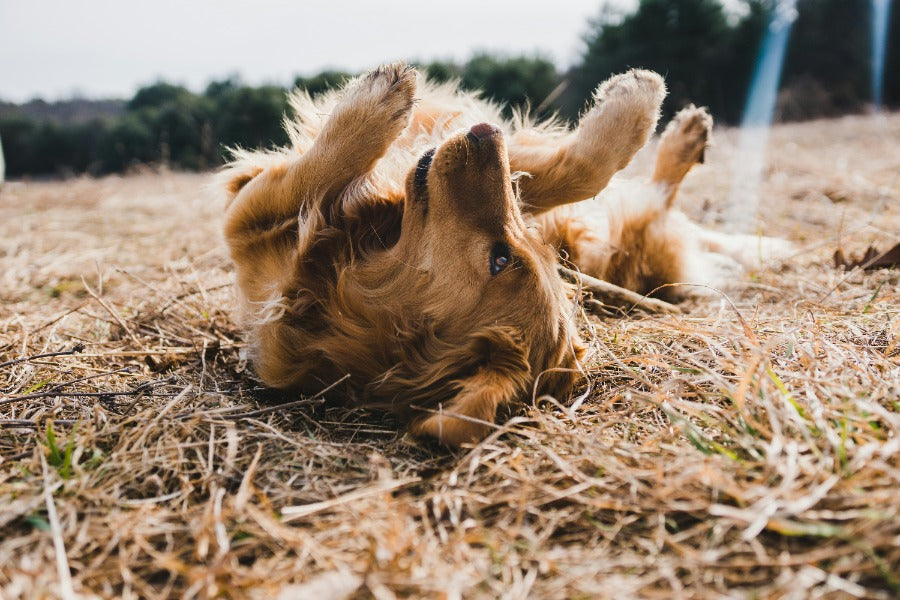Did you know that seed oils are in fact not "bad" for you or your dog?
Just like when it comes to our diet, it's all about a balance between omega-6 and omega-3 fatty acids. Specifically, It not only depends on the type of seed oil, but it also depends on the overall makeup of the diet (in addition to making sure we are not over-feeding).
While it is true that most seed oils contain a higher level of omega-6 fatty acids, specifically linoleic acid, linoleic acid is actually necessary for many essential bodily functions. For example, linoleic acid is critical to make and maintain cell membrane structures. It is also critically important for the skin to function normally as a barrier to the outside world. In addition, it is critically important for growth and development of puppies and kittens, especially when it comes to the brain and the rest of the nervous system development. Deficiencies of this type of fatty acid, which is rich in seed oils, can result in poor skin and hair coat, poor cognition, and delayed or stunted growth in our beloved puppies and kittens.
The reason seed oils in general get a bad rap is because of how it's used in our diets. We are more likely to overindulge in tasty foods that contain a high concentration of both sugars and fats. When we have an excess of calories and a lack of moderation, these fats are then stored in our bodies, potentially leading to over-inflammation (fat tissue in the body is a highly metabolic and inflammatory tissue) as well as additional diseases that are associated with an overweight state. Additionally, excess fat is associated with atherosclerosis in people (i.e. cardiovascular disease). This type of disease process is incredibly rare in animals and is not associated with diet specifically. Rather, it is associated with underlying metabolic conditions such as hypothyroidism, diabetes mellitus, and hyperadrenocorticism forward/cushings.
Artie recipes may include high quality sunflower oil which provides a rich source of omega-6 fatty acid and linoleic acid - which helps to support the pet's natural inflammatory response while helping to maintain healthy skin and a shiny coat.






